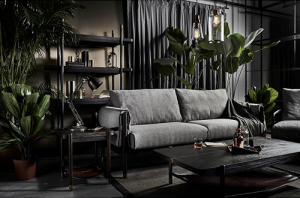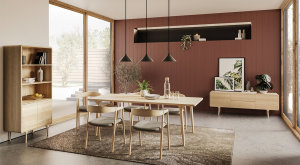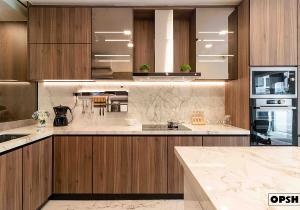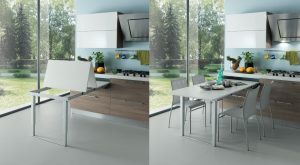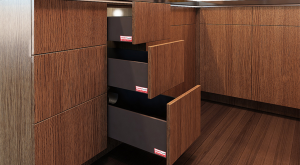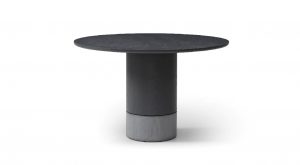Featured Post
How to Choose the Right Dining Table for Your Space
Choosing the right dining table can transform your space into a welcoming hub for family and friends. This guide covers everything from measuring your room to selecting the perfect style, ensuring your dining area is both functional and stylish.
Measuring Your Space
Before you shop for a dining table, measure your space. A table that’s too big can crowd the room, and one that’s too small might feel awkward. I learned this the hard way when I bought a table that barely left room for chairs!
Here’s how to do it right:
- Measure the Room: Grab a tape measure and note the length and width of your dining area. Watch out for doors or windows that might limit space.
- Leave Room to Move: Aim for at least 36 inches around the table so people can pull out chairs and walk comfortably.
- Match Table to Room: Check the table below for sizes that fit your space.
| Room Size (sq. ft.) | Table Size (inches) |
|---|---|
| Small (100-150) | 36-48 round or square |
| Medium (150-200) | 60-72 rectangular |
| Large (200+) | 84+ rectangular |
Good measurements lead to smart dining furniture layout tips that make your space work.
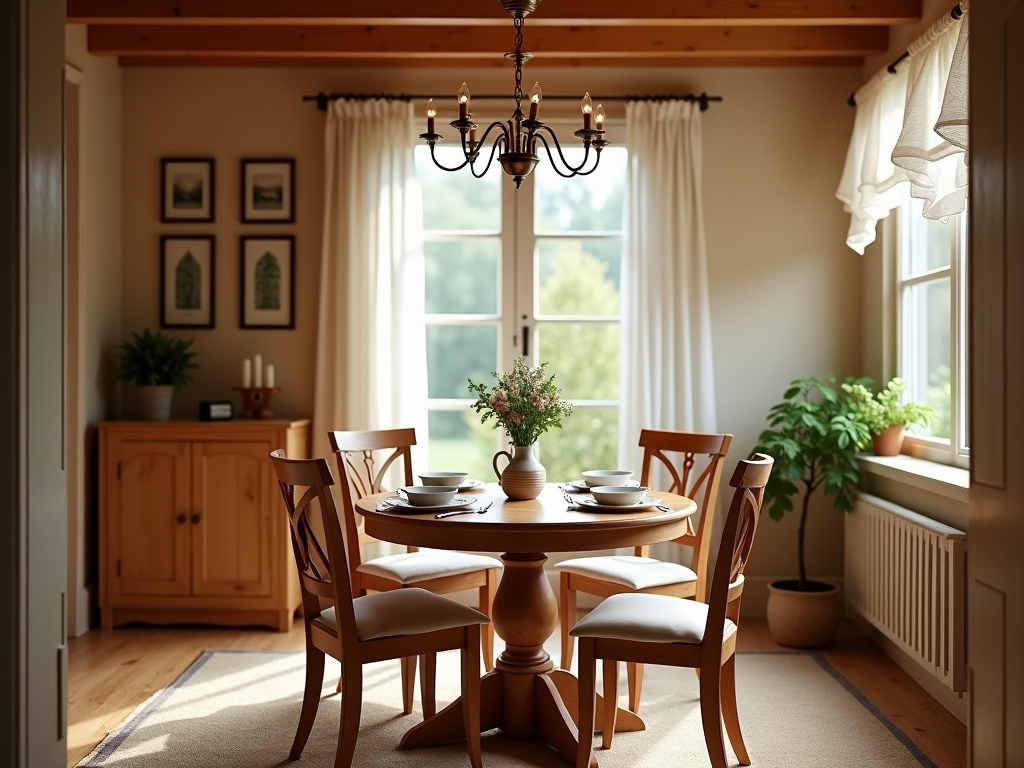
Determining the Right Shape
The shape of your dining table changes how your room feels and functions. I’ve tried a few shapes over the years, and each has its perks.
- Rectangular: Great for big families or long rooms. It seats more people and fits against walls.
- Square: Perfect for square spaces or small groups. It keeps everyone close.
- Round: My favorite for small rooms—it opens up the space and feels friendly.
- Oval: A mix of rectangular and round, good for extra seating with softer edges.
Think about your room’s shape and how many people you’ll host. A round table saved my tiny apartment from feeling cramped!
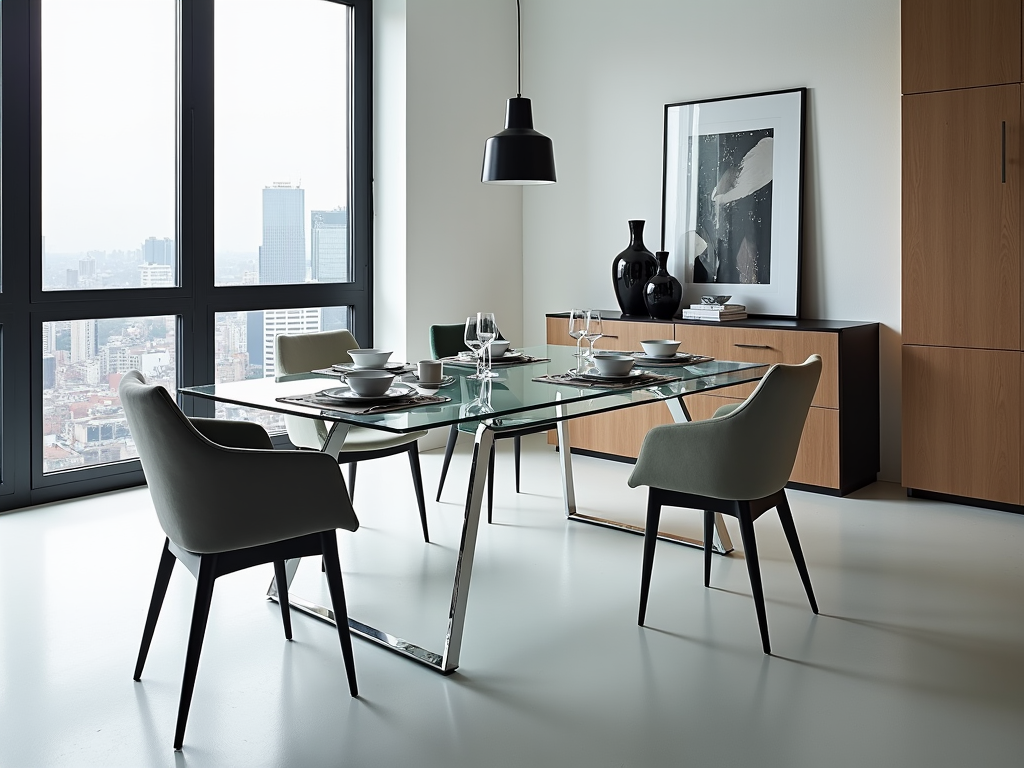
Choosing the Right Material
The material you pick for your dining set affects its look and how long it lasts. I’ve owned tables in different materials, and they all have trade-offs.
- Wood: Warm and sturdy, wood tables last forever if you care for them. Mine got scratched, but a quick sand fixed it.
- Glass: Looks cool and opens up a room, but it’s a magnet for smudges—trust me, I cleaned mine daily.
- Metal: Tough and modern, perfect for a busy house. Just watch for dents.
- Marble: Fancy and heavy, but it stains if you skip the sealant.
Pick based on your life. Kids? Go for wood or metal over glass.
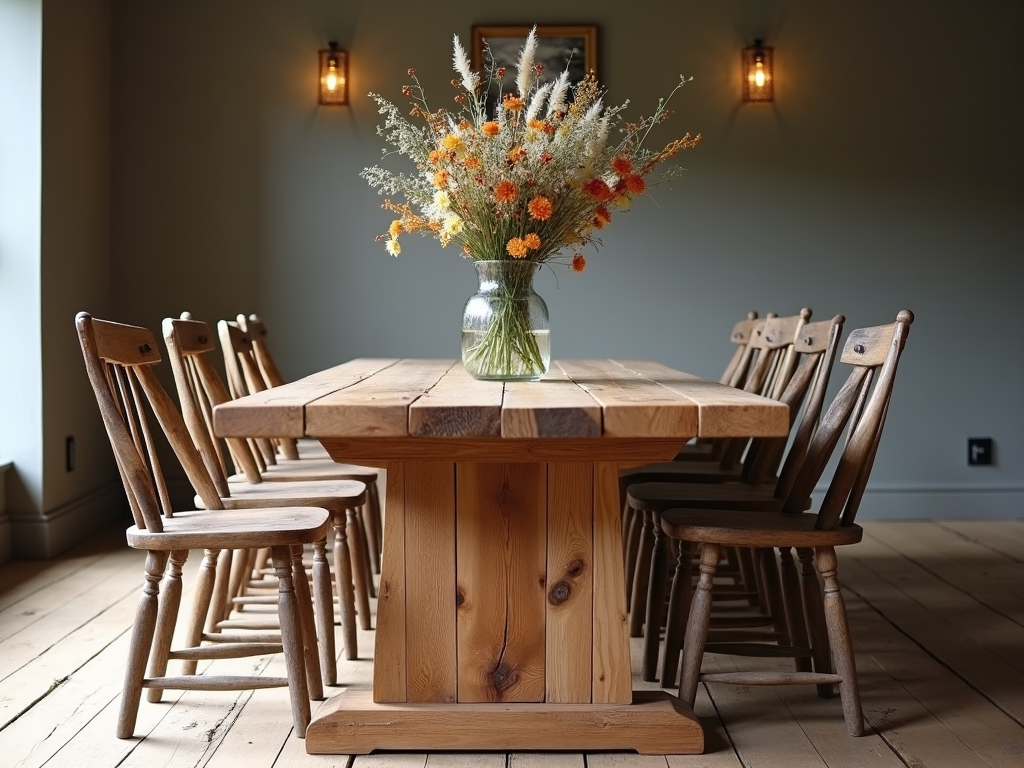
Considering the Style
Your dining table should match your home’s vibe. I once mismatched a sleek table with my cozy decor—it stuck out like a sore thumb!
- Modern: Clean lines and materials like glass or metal. Think simple and bold.
- Traditional: Rich wood and fancy details. Perfect for classic homes.
- Rustic: Rough wood and natural finishes. It’s warm and homey.
- Industrial: Metal and raw wood. Edgy and cool.
Look at your furniture and pick a table that fits. A rustic table turned my dining room into a cozy retreat.
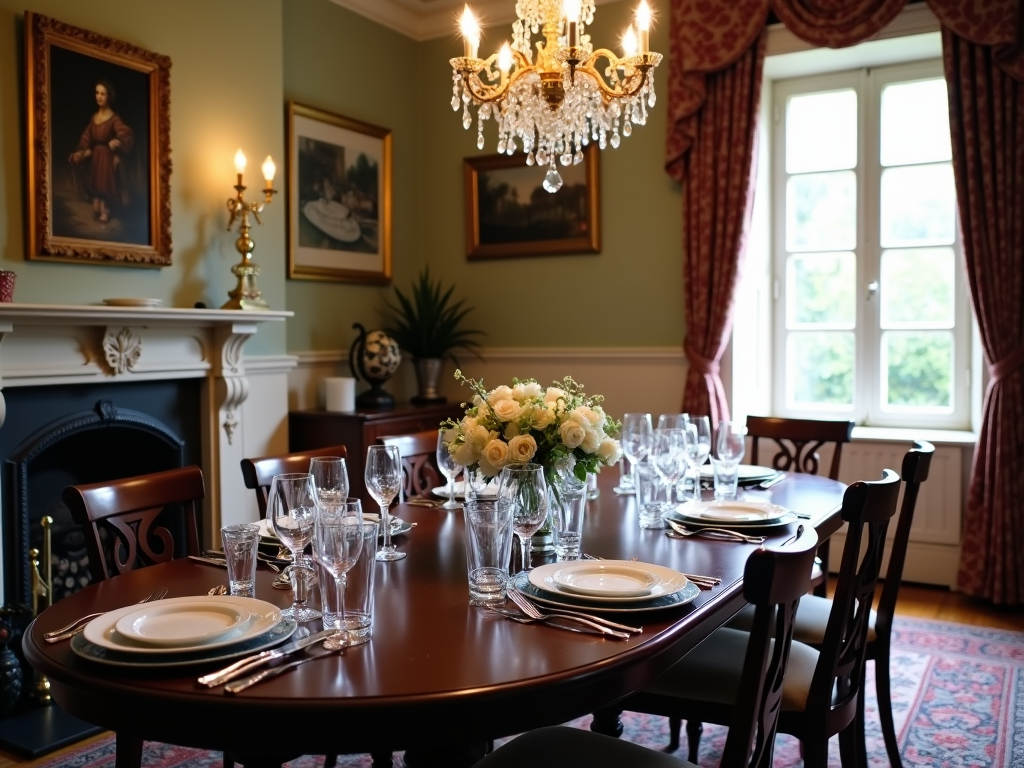
Thinking About Functionality
A dining table isn’t just for looks—it’s for living. I’ve learned to prioritize features that make life easier.
- Extendable Leaves: Great for big dinners. My extendable table saved Thanksgiving!
- Storage: Drawers or shelves for napkins or placemats. Keeps things handy.
- Adjustable Height: Rare, but useful if you work at the table too.
Ask yourself how you’ll use it. If you host a lot, an extendable dining set is a game-changer.
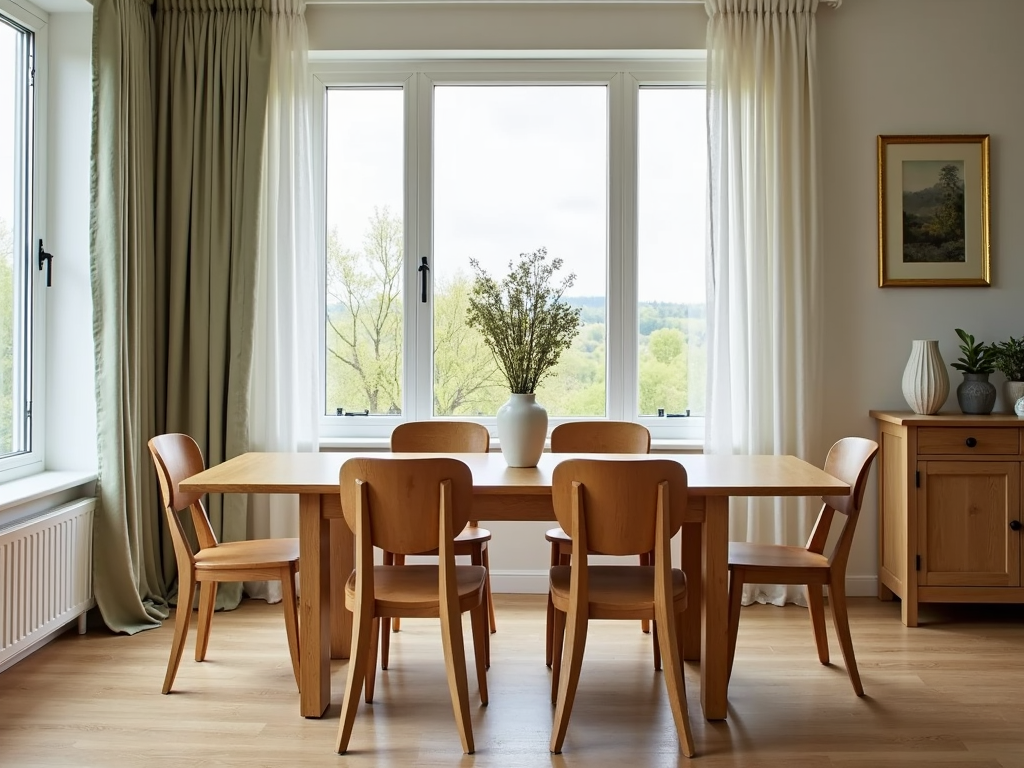
Budgeting for Your Dining Table
Money matters when picking furniture. I’ve shopped on a budget and splurged—both can work if you’re smart.
| Table Type | Price Range |
|---|---|
| Basic Wood | $200 - $500 |
| Mid-Range | $500 - $1,500 |
| High-End/Luxury | $1,500 - $5,000+ |
Don’t just chase the cheapest option. A solid $500 table beats a wobbly $200 one. Check second-hand shops too—I scored a gem for half price once.
Summary
Finding the right dining table takes some thought, but it’s worth it. Measure your space, pick a shape and material that fits, and think about style and use. Set a budget and shop smart. The best table makes your space feel like home and works for your life.
Want more ideas? See the recommended readings below.


